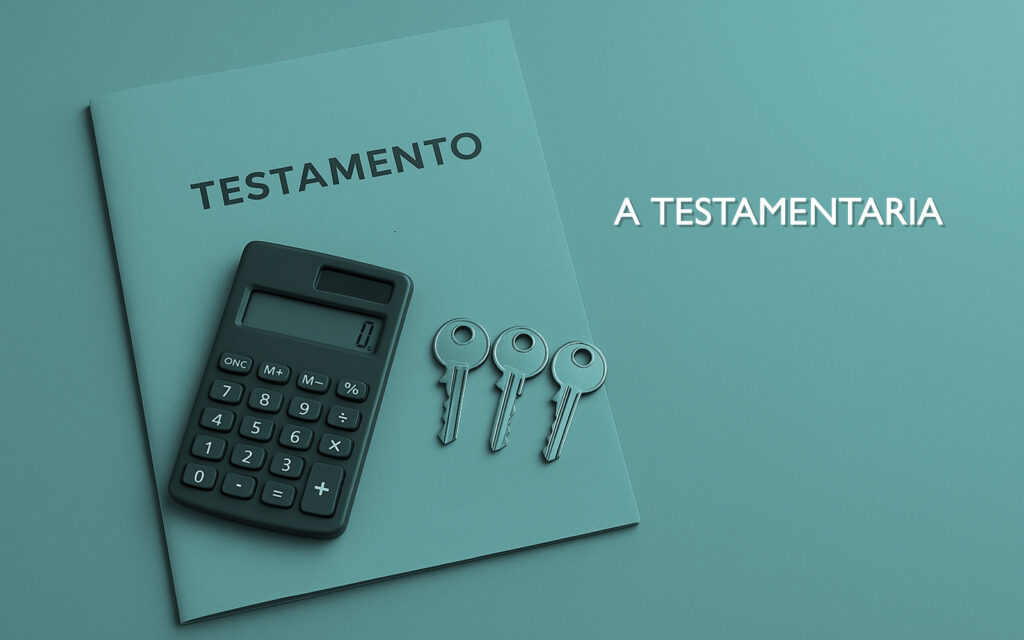Ensuring the Testator’s Last Will and Preventing Family Disputes

November 6, 2025
The Testamentary Administration
Opinion piece by Bárbara Figueiredo published [in Portuguese] in the Diário de Coimbra newspaper
The use of the legal figure of testamentary administration, provided for in Articles 2320 et seq. of the Portuguese Civil Code, may constitute a strategic decision to ensure the faithful execution of the testator’s last will, reduce litigation, and guarantee the proper management of the estate until its partition — particularly in inheritances with multiple legacies, significant financial assets, or international elements. It may also be advisable in cases where, given the number of heirs, future disputes over the partition are foreseeable, in which case the executor (testamenteiro) acts almost as a mediator, guided by the deceased’s expressed wishes.
According to applicable law, the testator may appoint one or more executors to supervise and/or carry out the will; they may be heirs or legatees and have the powers granted by the testator within the limits of the law. In the absence of specific instructions, under Article 2326 of the Civil Code, the executor is responsible for funeral arrangements and expenses, supervising the execution of the provisions and defending their validity in court, and acting as head of the estate (cabeça-de-casal), unless otherwise stated and respecting the legal hierarchy.
Depending on the specific circumstances, it may be advisable to grant additional powers to the executor, compatible with the law — such as powers of financial and banking management, the disposal and realisation of assets, the administration of shareholdings, the filing of legal actions (namely to defend the will and ensure delivery of assets), the retention of amounts for foreseeable expenses, and the reimbursement of surpluses to the head of the estate.
Case law has confirmed the operative nature of this figure, recognising that when the executor is empowered to manage accounts and discharge obligations, the centralisation of balances and payments is legitimate, provided that surpluses are returned to the head of the estate (if another person holds that role) and proper accounts are rendered.
It should also be noted that control mechanisms exist: the executor may request to be excused after accepting the position and may also be removed for lack of prudence, diligence, or competence. Furthermore, if the executor’s remuneration is provided for (otherwise, the position is unpaid), such remuneration may be proportionally reduced if the testamentary administration ends before the estate is fully distributed.
In conclusion, appointing an executor with well-defined powers — proportional and in accordance with the law — serves as a valuable tool to ensure efficiency, predictability, and reduced litigation (particularly if the person appointed is not an heir), maximising the fulfilment of the testator’s will without compromising transparency or the legal safeguards protecting the heirs’ legitimate shares.


